Key Takeaways
- Dragon Age: The Veilguard only asks for three decisions to be carried over from Inquisition.
- This means that decisions made in previous games are written around, so any could be considered canon.
- However, in some cases, certain decisions appear to have been made for us.
When it was confirmed that Dragon Age: The Veilguard was mostly doing away with world states, many started to worry that this meant BioWare was setting up its own canon, ignoring player decisions. The devs were quick to assure fans that this isn’t the case and suggested that certain topics would be avoided so they didn’t contradict our playthroughs.
Spoilers for all four Dragon Age games ahead.Now that Dragon Age: The Veilguard is out, we can see that this is, for the most part, quite accurate. None of the larger decisions – like who’s sitting on the throne in Ferelden and Orlais, or who’s leading the Chantry – are canonised. However, some smaller decisions are, and most of them involve erasing the bad endings which characters could receive as a result of our actions.
Dragon Age: The Veilguard Seemingly Removes Bad Endings For Some Characters From Previous Games
I noticed this most of all with one of the conversations that Rook has with Harding, in which you can ask her about her time with the Inquisition. Here, she avoids mentioning things like whether or not you sided with the mages or Templars, but she does establish a few details which might not apply to every game.
For starters, Sera and Blackwall were recruited, since they’re mentioned by name. They are both optional companions, so this would contradict anyone who decided against taking them long. Then, Harding mentions that Blackwall is now going by his real name, Thom Rainier. This suggests he was brought back into the fold after the Inquisitor learned his true identity, despite this also being optional.
She also mentions Cullen and Leliana. As Dragon Age: Origins players will know, Leliana has already cheated death once, since she could be killed in the first game but turned up in Inquisition regardless. However, this was explained away with an ending that suggested she was a spirit of some kind, who disappeared after the events of the game.
As for Cullen, this one is even more amusing. If Cullen is told to keep taking Lyrium in Inquisition, then his ending is bleak, as he remains addicted to the substance. His ending slide mentions that Harding herself found him begging on the streets, and either gave him coin or killed him out of mercy. Since she mentions him lightheartedly here, it’s hard to imagine this fate remaining canon.
Then, there’s the fact that Isabela is here. While there’s no world state in which she’s dead, Dragon Age 2 players could hand her over to the Qun in Act 2. With that said, it’s very possible she escaped in the years between that and the events of The Veilguard.
Of course, Isabela was also a romance option in Dragon Age 2, which like the Morrigan romance, can’t be mentioned. Maybe they’re just very private people.
What is a lot harder to explain is how she mentions Merrill. This isn’t too surprising, since the two are shown to be close – but that does ignore that Merrill can be killed at the end of Dragon Age 2. Still, even if what she says about Merrill is referring to something that happened before she was killed, it ignores the fact that Isabela herself was an optional companion, so may not have met Merrill at all.
All in all, it looks like BioWare wrote around the larger decisions, but for small ones like these, decided to go with what was likely to apply to most world states. It’s also worth noting that this is far from the first time this has happened – this is actually the second time Cullen has had a bad ending made non-canon – but it’s the first time the game can’t come up with some kind of justification since it doesn’t know what previous decisions we made.
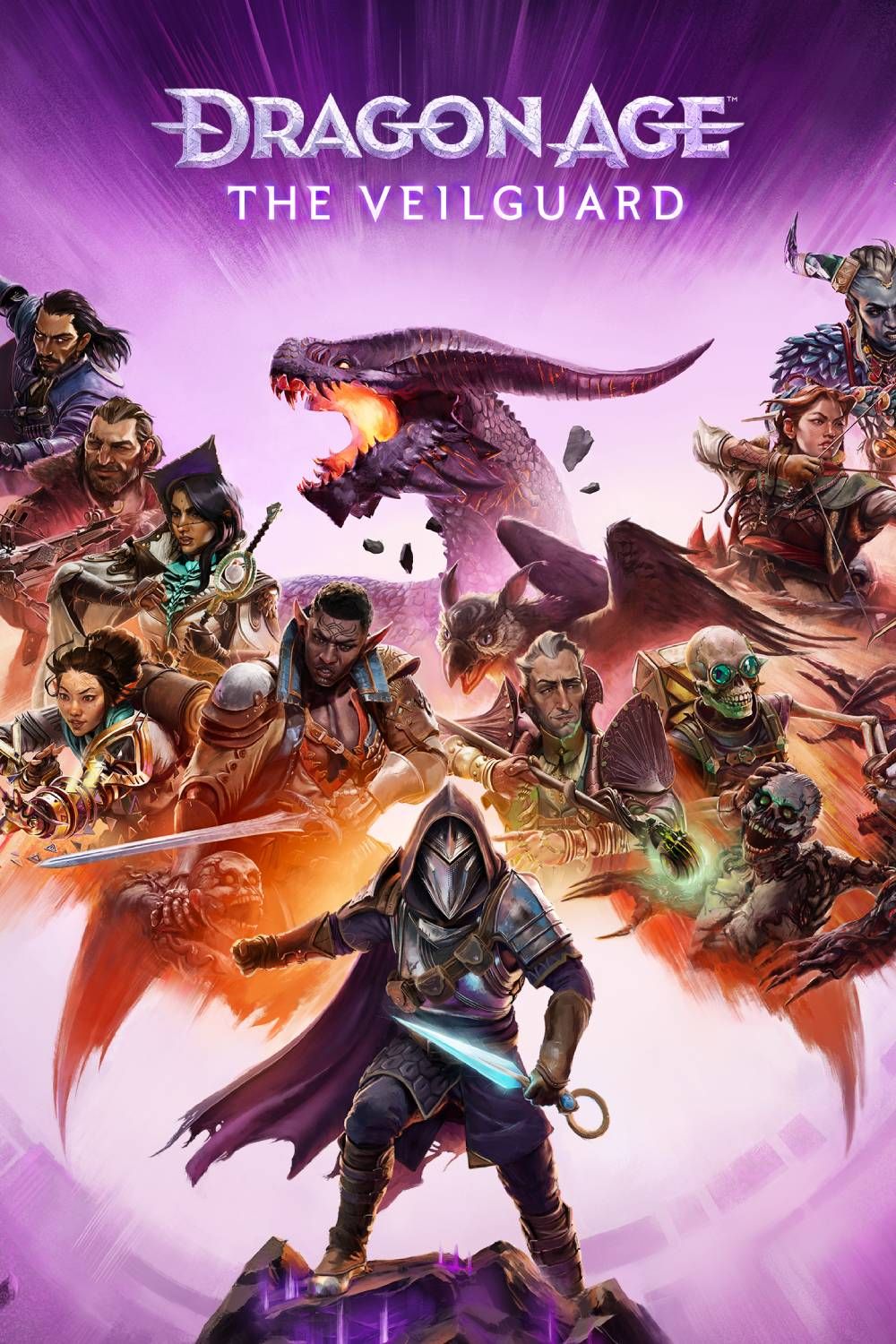
Dragon Age: The Veilguard is the long-awaited fourth game in the fantasy RPG series from BioWare formerly known as Dragon Age: Dreadwolf. A direct sequel to Inquisition, it focuses on red lyrium and Solas, the aforementioned Dread Wolf.
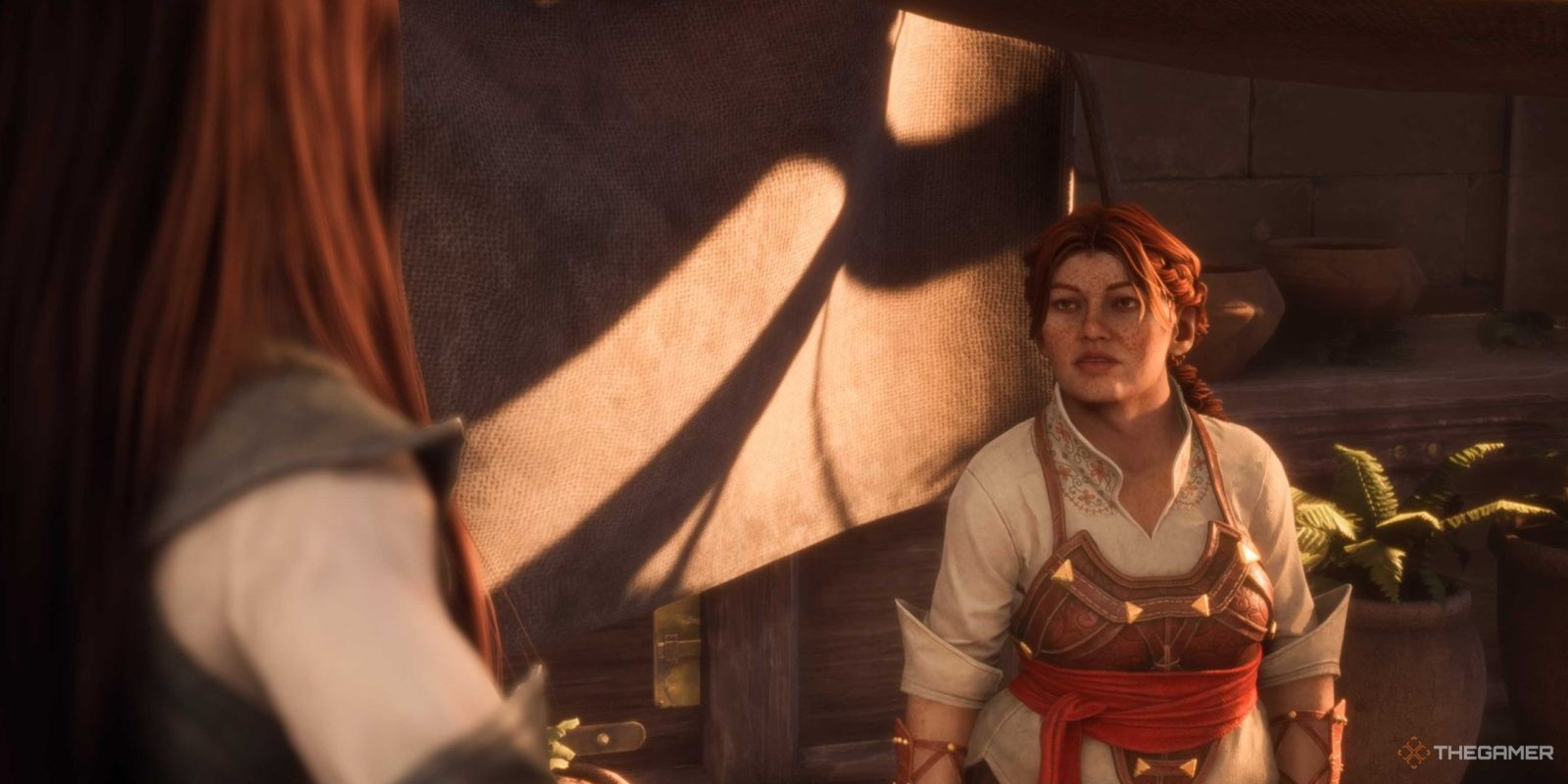
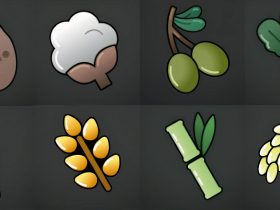
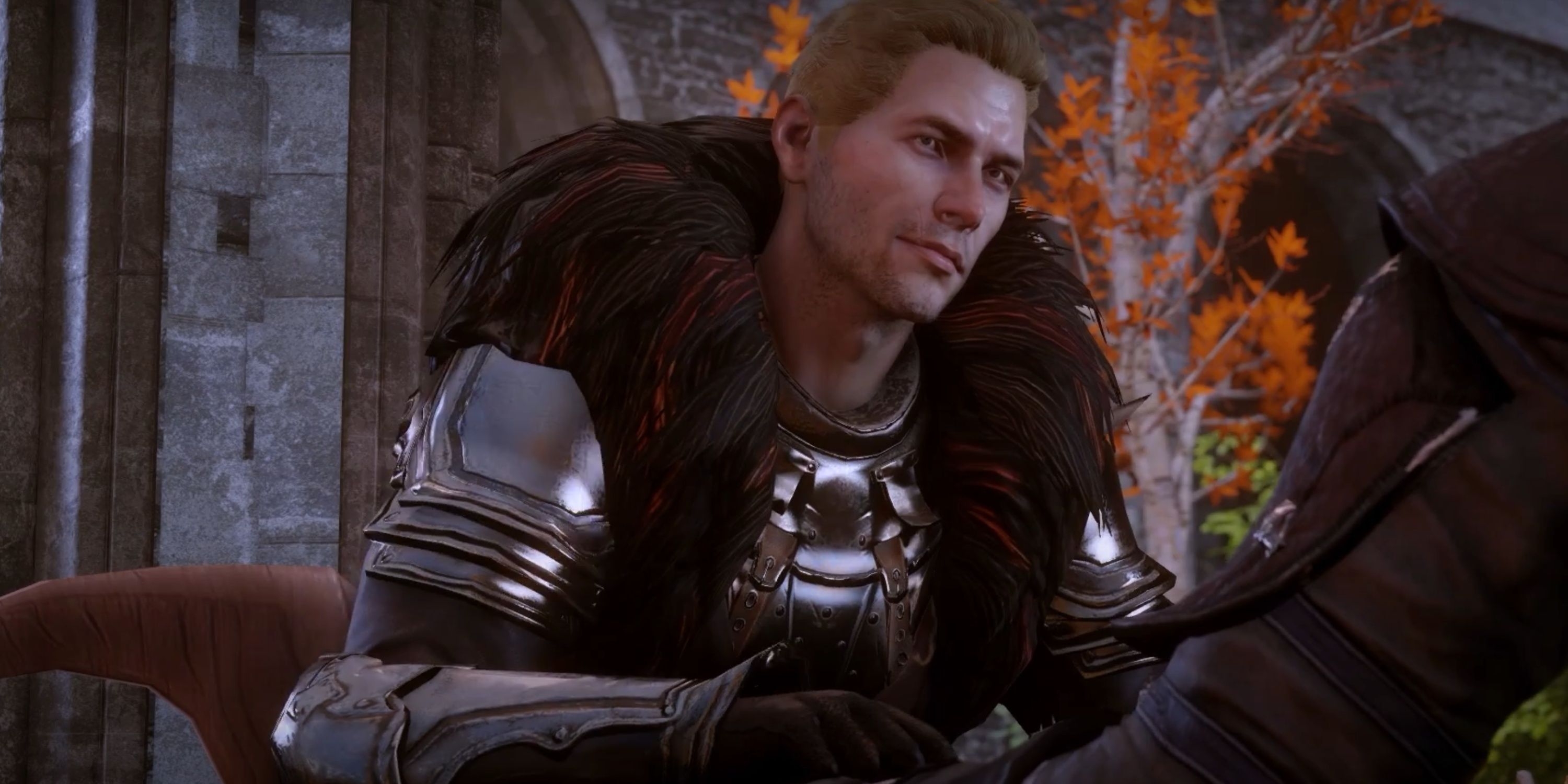
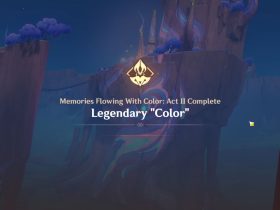
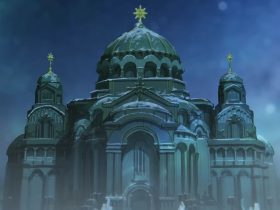
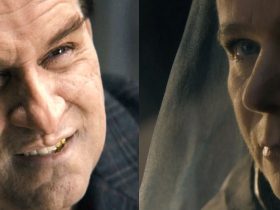

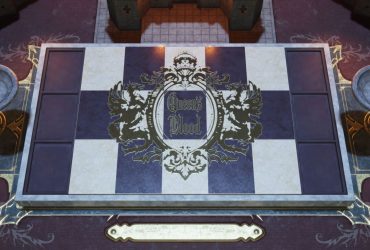
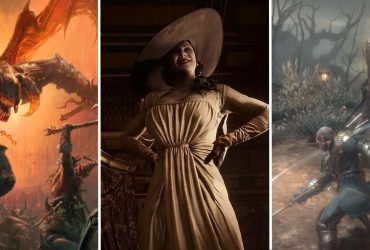

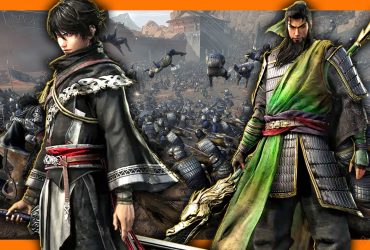
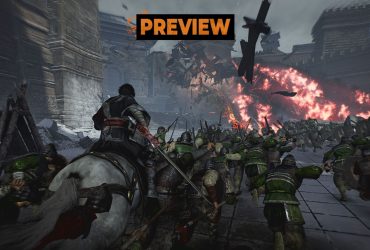
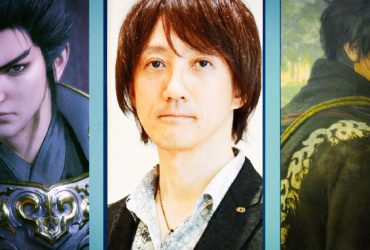
Leave a Reply